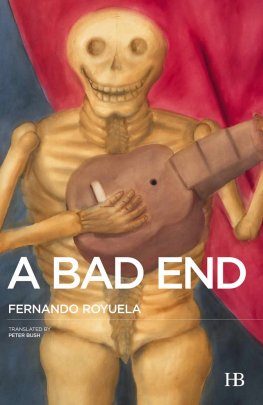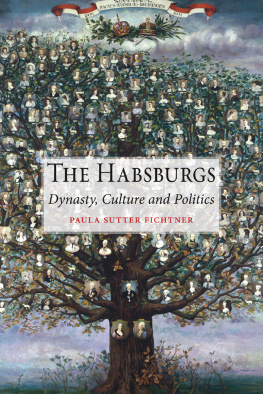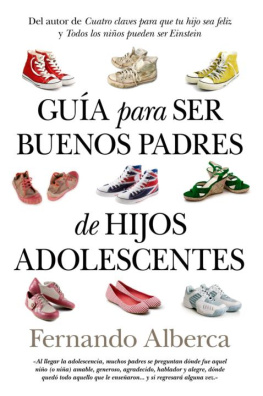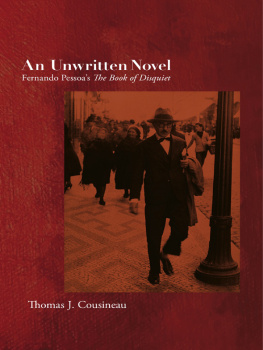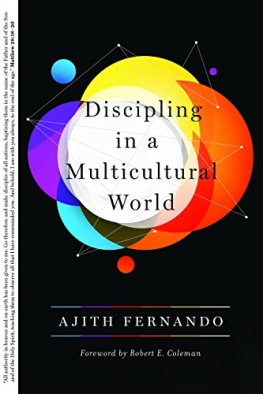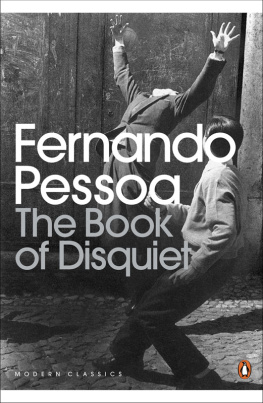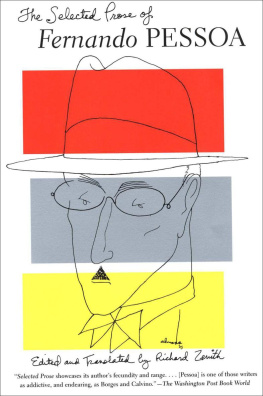FESTIVAL CULTURE IN THE WORLD OF THE SPANISH HABSBURGS
In recent years, there has been an increasing interest in early modern festivals. These spectacles articulated the self-image of ruling elites and played out the tensions of the diverse social strata. Responding to the growing academic interest in festivals this volume focuses on the early modern Iberian world, in particular the spectacles staged by and for the Spanish Habsburgs. The study of early modern Iberian festival culture in Europe and the wider world is surprisingly limited compared to the published works devoted to other kingdoms at the time. There is a clear need for scholarly publications to examine festivals as a vehicle for the presence of Spanish culture beyond territorial boundaries. The present books responds to this shortcoming.
Festivals and ceremonials played a major role in the Spanish world; through them local identities as well as a common Spanish culture made their presence manifest within and beyond the peninsula through ephemeral displays, music and print. Local communities often conflated their symbols of identity with religious images and representations of the Spanish monarchy. The festivals (fiestas in Spanish) materialized the presence of the Spanish diaspora in other European realms. Royal funerals and proclamations served to establish kingly presence in distant and not so distant lands. The socio-political, religious and cultural nuances that were an intrinsic part of the territories of the empire were magnified and celebrated in the Spanish festivals in Europe, Iberia and overseas viceroyalties.
Following a foreword and an introduction the remaining 12 chapters are divided up into four sections. The first explores Habsburg visual culture at court and its relationship with the creation of a language of triumph and the use of tapestries in festivals. The second part examines triumphal entries in Madrid, Lisbon, Cremona, Milan, Pavia and the New World; the third deals with the relationship between religion and the empire through the examination of royal funerals, hagiography and calendric celebrations. The fourth part of the book explores cultural, artistic and musical exchange in Naples and Rome. Taken together these essays contribute further to our growing appreciation of the importance of early-modern festival culture in general, and their significance in the world of the Spanish Habsburgs in particular.
Fernando Checa Cremades is a full Professor of History of Art at the University Complutense in Madrid and a former director of the Prado Museum in Madrid, Spain.
Laura Fernndez-Gonzlez is a Lecturer in Architectural History at the University of Lincoln (UK). She has held post-doctoral fellowships at the Institute for Advance Research in the Humanities (University of Edinburgh) and the Calouste Gulbenkian Foundation in Lisbon (Portugal).
First published 2015 by Ashgate Publishing
Published 2016 by Routledge
2 Park Square, Milton Park, Abingdon, Oxon OX14 4RN
711 Third Avenue, New York, NY 10017, USA
Routledge is an imprint of the Taylor & Francis Group, an informa business
Copyright Fernando Checa Cremades and Laura Fernndez-Gonzlez 2015
Fernando Checa Cremades and Laura Fernndez-Gonzlez have asserted their right under the Copyright, Designs and Patents Act, 1988, to be identified as the editors of this work.
All rights reserved. No part of this book may be reprinted or reproduced or utilised in any form or by any electronic, mechanical, or other means, now known or hereafter invented, including photocopying and recording, or in any information storage or retrieval system, without permission in writing from the publishers.
Notice:
Product or corporate names may be trademarks or registered trademarks, and are used only for identification and explanation without intent to infringe.
British Library Cataloguing in Publication Data
A catalogue record for this book is available from the British Library.
The Library of Congress has cataloged the printed edition as follows:
Festival culture in the world of the Spanish Habsburgs / edited by Fernando Checa Cremades and Laura Fernndez-Gonzlez.
pages cm
Includes bibliographical references and index.
ISBN 978-1-4094-3561-7 (hardback) -- ISBN 978-1-3155-8224-5 (ebook) -- ISBN 978-1-3171-3560-9 (ePub) 1. Festivals--Political aspects--Spain--History. 2. Rites and ceremonies--Political aspects--Spain--History. 3. Spain--History--House of Austria, 1516-1700. 4. Visual communication--Political aspects--Spain--History. 5. Christianity and politics--Spain--History. 6. Imperialism--Social aspects--Spain--History. 7. Triumph--Social aspects--Spain--History. 8. Spain--Politics and government--1516-1700. 9. Spain--Relations--Italy. 10. Italy--Relations--Spain. I. Checa Cremades, Fernando. II. Fernndez-Gonzlez, Laura.
GT4862.A2F46 2015
394.26946--dc23
2015014770
ISBN: 978-1-4094-3561-7 (hbk)
ISBN: 978-1-3155-8224-5 (ebk-PDF)
ISBN: 978-1-3171-3560-9 (ebk-ePUB)
Whilst every effort has been made to locate copyright holders and to obtain their permission to reproduce the images included in this book, the publisher apologizes for any errors or omissions and would be grateful to be informed about any corrections that should be incorporated in future reprints or editions.
Many thanks to the Hispanex programme of the Spanish Ministry of Education and Culture and the Calouste Gulbenkian Foundation for their collaboration
List of Illustrations
FIGURES
1 The language of triumph: Images of war and victory in two early modern tapestry series
.
.
.
.
2 The ceremonial decoration of the Alczar in Madrid: The use of tapestries and paintings in Habsburg festivities
.
.
.
.
.
3 Festival interventions in the urban space of Habsburg Madrid
.
.
.
.
4 Negotiating terms: King Philip I of Portugal and the ceremonial entry of 1581 into Lisbon
.
.
.
.
.
.
.
.
.
5 The loose parts of an entry: The flop of Cremona in 1598
.
.
.
.
6 Margaret of Austrias travel in the state of Milan between 1598 and 1599


